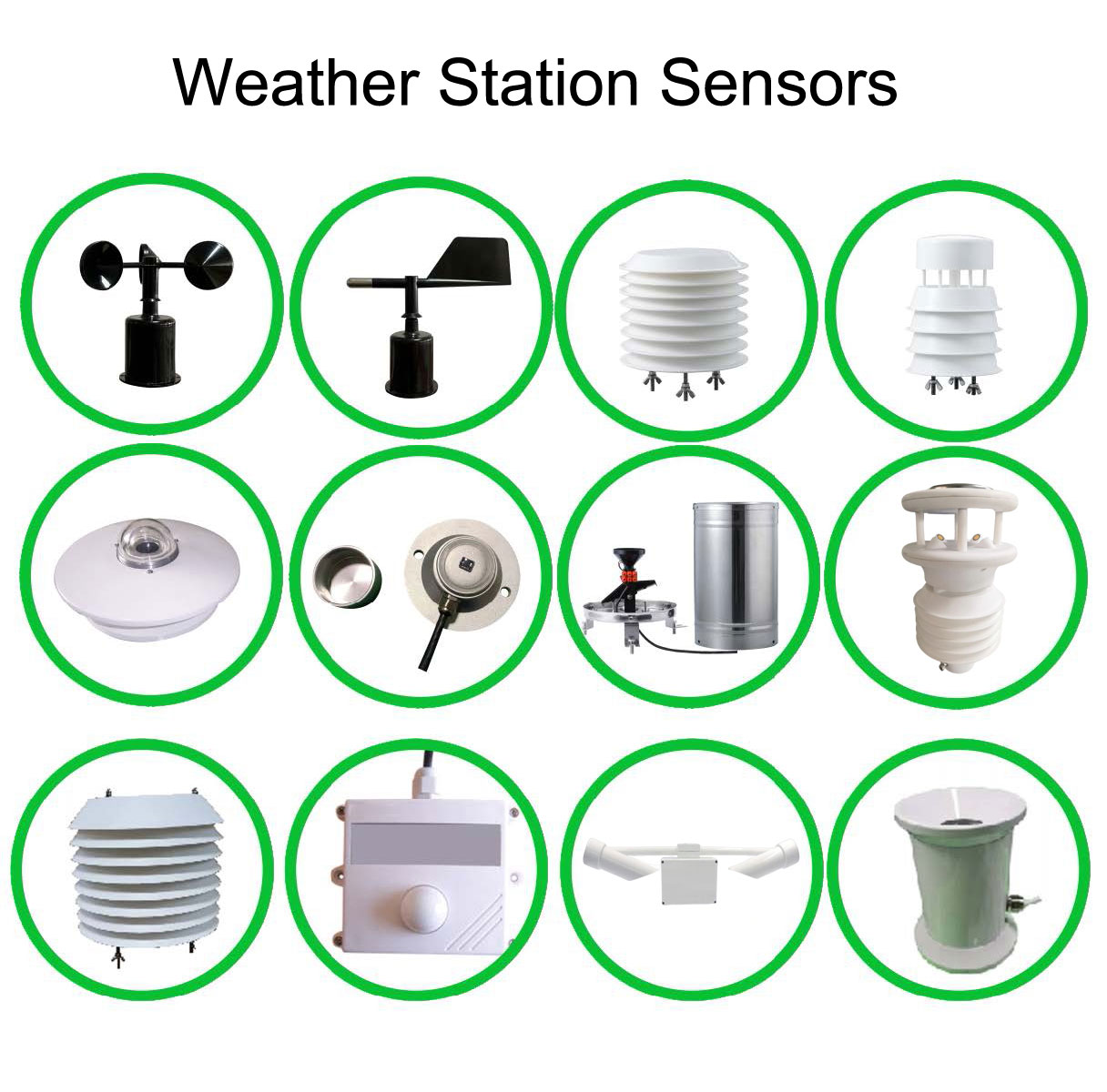

— Products —
 Consumer hotline +8618073152920
Consumer hotline +8618073152920 WhatsApp:+8615367865107
Address:Room 102, District D, Houhu Industrial Park, Yuelu District, Changsha City, Hunan Province, China
All products
Anemometer wind speed sensor is an instrument for measuring the speed of air flow, of which there are many types, among which the most commonly used in meteorological stations is the wind cup anemometer. It consists of three parabolic cone cups fixed at 120° to each other on the support to form the inductive part, the concave side of the cups are orientated in one direction. The whole sensing part is mounted on a vertical rotating shaft, and under the action of wind, the cup···
Tel/WhatsApp:+8615367865107
Email:Arvin@niubol.com +Nearly 100 partner company in more than 68 countries. We are committed to providing high-quality, practical products to meet your needs and help you solve problems.Product Details











Anemometer is an instrument to measure the speed of air flow, there are many types, among which the most commonly used in meteorological stations is the wind cup anemometer. It consists of three parabolic cone cups fixed at 120° to each other on the support to form the inductive part, the concave side of the cups are orientated in one direction. The whole sensing part is mounted on a vertical rotating shaft, and under the action of wind, the cups rotate around the shaft at a speed proportional to the wind speed.
The wind speed sensor is a professional meteorological instrument used to measure the horizontal speed of the wind. It adopts the traditional structure of three wind cups wind speed sensor, the wind cups are made of ABS material with high strength, and at the same time, with the internal smooth bearing system, it starts up well and ensures the accuracy of the information collection.
Anemometer wind speed sensor is an anemometer to measure wind speed.
The function of anemometer is to measure the wind speed to help people understand the weather conditions and play an important role in navigation, aviation, meteorology and other fields. It can help people better cope with different weather conditions by measuring the speed of air flow to know the wind speed. In the field of navigation, anemometers can help ships understand the wind direction and speed so as to better adjust the direction and speed; in the field of aviation, anemometers can help aircraft understand the wind direction and speed so as to better control the flight attitude and speed; in the field of meteorology, anemometers can provide important meteorological data to help meteorologists predict the weather and climate change.
In addition, Anemometer wind speed sensor can be used in environmental protection, agriculture, forestry and other fields. For example, in the field of environmental protection, anemometers can be used to monitor the diffusion and impact of air pollutants; in the field of agriculture, anemometers can be used to monitor the wind direction and wind speed in farmland for better control of crop growth and harvesting; and in the field of forestry, anemometers can be used to monitor the wind direction and wind speed in the forests for better control of forest fire extinguishing and prevention.
Therefore, the role and value of anemometers are very extensive, which can help people better understand the weather conditions and cope with different weather conditions, and at the same time can provide important data support for environmental protection, agriculture, forestry and other fields.
The advantages of Anemometer wind speed sensor include:
Wide measurement range: anemometers can measure wind speed, wind direction, temperature, humidity and other meteorological elements, which is suitable for a variety of environments and application scenarios.
High accuracy: the measurement accuracy of anemometers is usually high, which can meet most meteorological observation and industrial measurement needs.
Good stability: anemometers have simple structure, stable work, high reliability and long service life.
Convenient maintenance: anemometers have low maintenance costs, requiring only regular inspection and calibration, and no frequent replacement of parts.
However, anemometers also have some disadvantages:
Influenced by environmental factors: The measurement results of anemometers are easily influenced by the surrounding environmental factors, such as temperature, humidity, air pressure, etc., and need to take measures to correct and calibrate.
Cannot measure windlessness: Anemometers cannot measure wind speed in a windless condition, and other methods are needed to determine the wind speed value.
Requires regular maintenance: Anemometers require regular maintenance and calibration to ensure the accuracy and reliability of the measurements.
Higher price: High-quality anemometers are usually more expensive and costly, making them unsuitable for some low-cost application scenarios.
To sum up, anemometers have many advantages and disadvantages, you need to choose the right anemometer according to the specific application scenarios and usage requirements.
Sensors & Weather Stations Catalog
Agriculture Sensors and Weather Stations Catalog-NiuBoL.pdf
Weather Stations Catalog-NiuBoL.pdf
Related recommendations
 Multi-Depth Soil Sensor RS485
Multi-Depth Soil Sensor RS485 TDR Soil Moisture Sensor
TDR Soil Moisture Sensor Pyranometer Solar Radiation Sensors
Pyranometer Solar Radiation Sensors Soil ph sensor
Soil ph sensor Tipping Bucket Rain Gauge
Tipping Bucket Rain Gauge Air Temperature and Humidity Sensor
Air Temperature and Humidity Sensor
Screenshot, WhatsApp to identify the QR code
WhatsApp number:+8615367865107
(Click on WhatsApp to copy and add friends)
